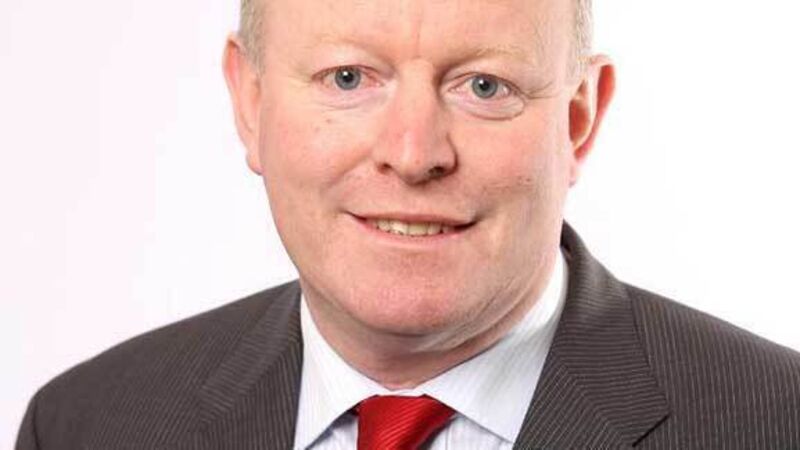IFA's Seán O’Leary urges officials to reconvene the Dairy Forum

Pure economics dictate that low prices lead to low or negative profitability on farms, and in time to lower production.
Try from €1.50 / week
SUBSCRIBELow prices unsustainable
Pure economics dictate that low prices lead to low or negative profitability on farms, and in time to lower production.
Newsletter
Keep up-to-date with all the latest developments in Farming with our weekly newsletter.
Newsletter
Keep up-to-date with all the latest developments in Farming with our weekly newsletter.
Newsletter
Sign up to the best reads of the week from irishexaminer.com selected just for you.
Newsletter
Keep up with stories of the day with our lunchtime news wrap and important breaking news alerts.
Saturday, February 7, 2026 - 7:00 AM
Friday, February 6, 2026 - 9:00 PM
Friday, February 6, 2026 - 9:00 PM
© Examiner Echo Group Limited